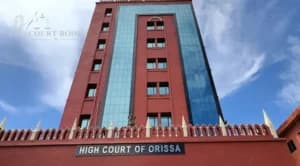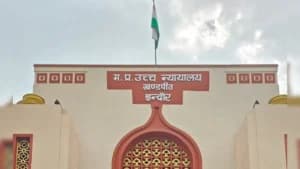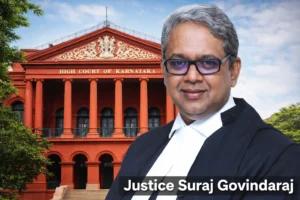The Allahabad High Court has ruled that trial courts are empowered to amend a preliminary decree if necessary to ensure justice between the parties, even when the related events occurred before the decree was passed but were unknown at the time.
In the case titled "Shiv Narayan Gupta vs. Garib Chandra" [MATTERS UNDER ARTICLE 227 No. 4107 of 2024], Justice Rohit Ranjan Agarwal dismissed two writ petitions challenging amendment of a 1995 preliminary decree in a partition suit.
“The provision of Section 97 C.P.C. or interpretation of the said provision by Hon'ble Apex Court does not restrict the power of the trial Court to amend the preliminary decree in case it necessitates to do justice between the parties,”
— Justice Rohit Ranjan Agarwal
The dispute arose from Partition Suit No.62 of 1995, where a preliminary decree granted half share each to plaintiff Garib Chandra and defendant Shiv Narayan. Later, the plaintiff discovered a registered endowment deed dated 26.02.1969, executed by Smt. Sundi in favor of Bhagwan Mahavir Swami, which transferred ownership of part of the property.
The application for amending the decree was allowed by the trial court on 16.02.2024 and upheld by the revisional court on 11.03.2024. The petitioner’s objections, arguing that the 1969 event occurred before the suit and was therefore inadmissible, were rejected.
Read Also:- Allahabad High Court: Irregular Appointments Deemed Valid After Regularisation of Employees
“Once an endowment is made to a Deity, ownership stands transferred to the Deity and unless and until the endowment is set aside, the Deity remains the owner of endowment so made,”
— Allahabad High Court
The Court relied on Supreme Court precedents like Phoolchand vs. Gopal Lal, S. Sai Reddy vs. S. Narayana Reddy, Prema vs. Nanje Gowda, and S. Satnam Singh vs. Surender Kaur. These cases collectively support that preliminary decrees in partition suits may be amended if new events—such as death or discovery of ownership changes—affect the case's outcome.
“Court may not have a suo motu power to amend a decree but... if a property was subject-matter of pleadings and the Court did not frame an issue which it ought to have done, it can, at a later stage, when pointed out, amend the decree,”
— Supreme Court in Satnam Singh case
Justice Agarwal clarified that the 1969 endowment deed surfaced only in 2017, and there was no evidence of concealment by the plaintiff. Therefore, the amendment to the preliminary decree was justified.
Both writ petitions challenging the trial and revisional court orders were dismissed, affirming the trial court’s power to modify the decree in light of newly discovered facts necessary for equitable justice.
“The Court has never restricted for any event which was beyond the control of parties and also not within its knowledge,”
— Justice Rohit Ranjan Agarwal
Case Title: Shiv Narayan Gupta vs. Garib Chandra [MATTERS UNDER ARTICLE 227 No. - 4107 of 2024]














